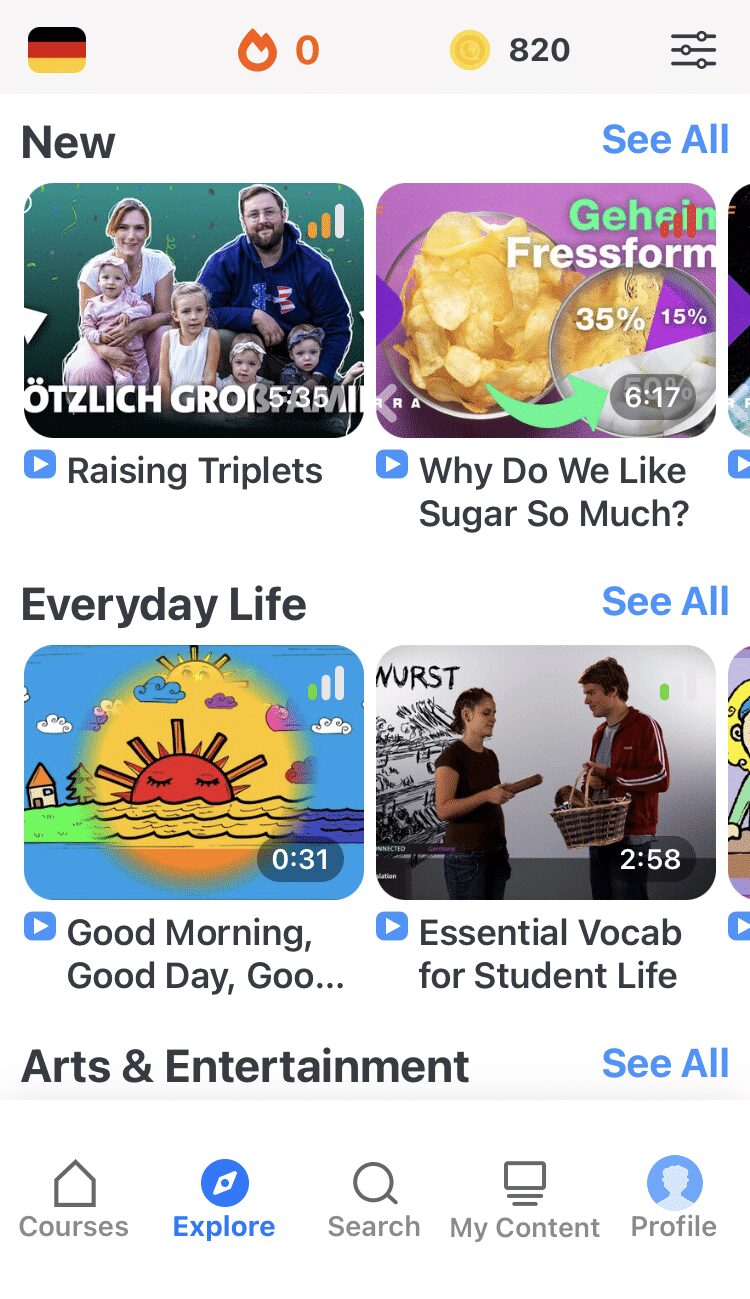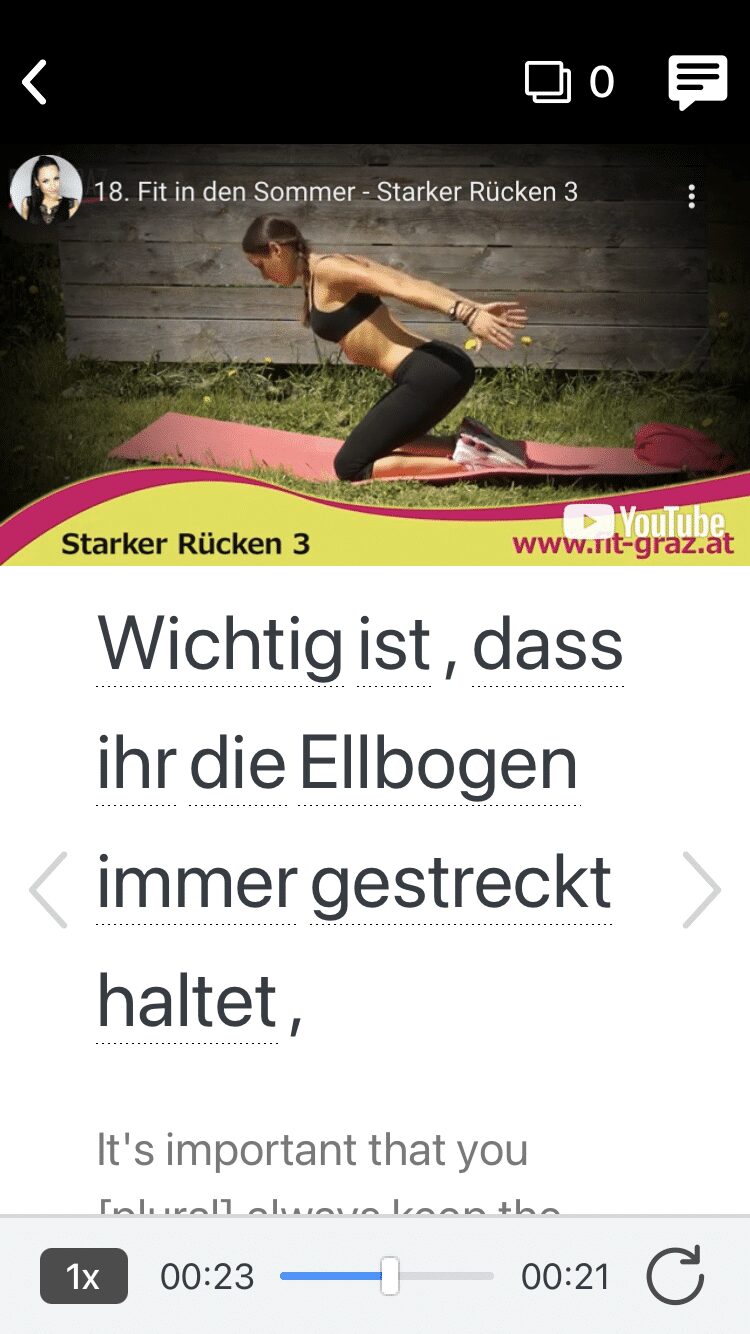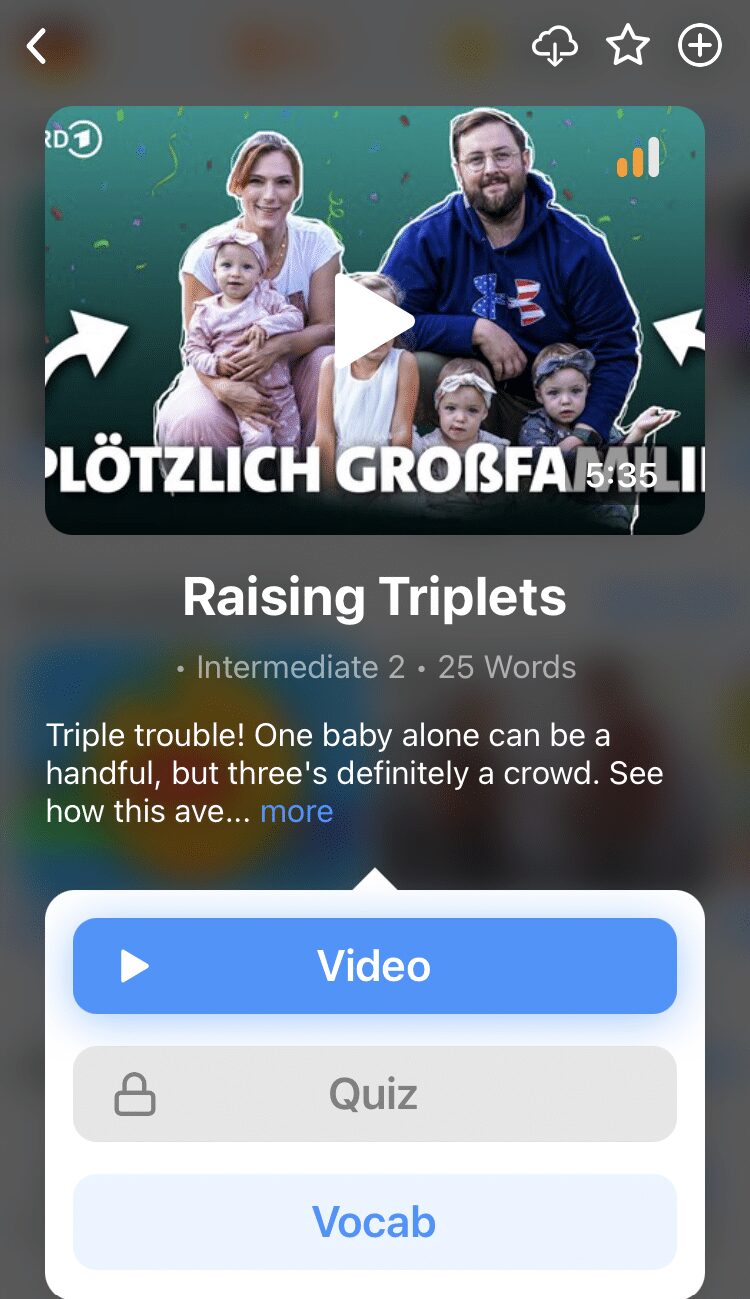How to Pronounce the German Ch

Critical as it is, the German ch sound can be a tough one for language learners to master pronunciation of. That’s because the way you say ch is largely based on the letters that surround it.
The two primary methods of pronouncing ch are known as “soft ch” and “hard ch.” Here’s a quick guide on how both of them work.
Download: This blog post is available as a convenient and portable PDF that you can take anywhere. Click here to get a copy. (Download)
How to Pronounce the Soft Ch
As you might guess from the name, the soft ch is the gentler of the two pronunciations. It’s also known as the front ch, because when you pronounce it, the sound is primarily focused on the front parts of your mouth.
You’ll use and hear the soft ch when ch follows the German vowels i, e, ö, ä, ü or eu, or when ch follows any consonant (including ß) except s.
In linguistic terms, the soft ch is a voiceless palatal fricative. Palatal means that, when pronouncing the sound, your tongue should be making some contact with the top of your mouth. Fricative means that you’re going to make a narrow “tunnel” of air in your mouth (between your palate and tongue) as you pronounce. Voiceless means that you won’t be using your vocal cords.
But how do you make the sound? It’s very similar to the h- sound we make in the English word “huge.” Almost like imitating a cat hissing!
Try out these words that use the soft ch:
- Ich – I
- Milch – milk
- Bücher – books
- sprechen – to speak
- vielleicht – maybe
- Mädchen – maiden, girl
- gleich – same
Remember, in the standard German dialect, that the soft ch is not a shushing sh sound! You only pronounce ch that way when it comes right after s, so sch. An example is the word Schokolade (chocolate).
However in some regions, such as the Rhineland, the soft ch is often pronounced as sh. And in truth, you would probably be understood most times if you were to use sh for soft ch. But I recommend you get a handle on the standard dialect version first, and you can delve into regional dialects later.
How to Pronounce the Hard Ch
The hard ch is used when ch comes after a, o, u or au (also known as the “dark vowels”), and also when s comes directly after ch in a single-syllable word.
In linguistic terms, the hard ch is a voiceless uvular (velar) fricative. Again, you won’t be using your vocal cords, and your tongue should be making contact with the top of your mouth. Uvular means that the back of your tongue will be moving and going near the uvula (the pink, punching bag blob at the back of your throat).
The pronunciation is guttural and harsh. More articulation is used from the back of the throat–imagine that you were clearing it. The front of your tongue would typically be in a “floating” position just behind your front teeth. Because of how it’s pronounced, the hard ch is also known as back ch.
The hard ch is sometimes compared to the English kh sound, but again, the ch is hissier and you’re not sharply enunciating the c sound. A close equivalent would be the ch found in the Scottish word “loch,” which is a term for a body of water.
However, if there’s a single s after the ch, then it sounds much more like a k. You’ll notice this in the two last examples from the list below.
Here are a few words that utilize the hard ch:
- nach – after
- Tochter – daughter
- Buch – book
- Rauch – smoke
- lachen – to laugh
- Bach – brook
- sechs – six
- Fuchs – fox
When Ch Is at the Beginning of the Word
You may have noticed that in most instances, ch appears in the middle or end of a word. What about when it’s the very start of a word?
Not many native German words actually start with ch. Usually, the words that do tend to come from other languages. The pronunciation depends on what follows directly after ch.
If ch is followed by a, o, r or l, a hard k sound (not to be confused with hard ch) is typically used, such as in these words:
If ch is followed by e or i, then the soft ch is typically used.
Although it is very common to hear the above two also pronounced with sh- or even -k sounds at the beginning, depending on the region. So “shee-nah” or “kee-na” for China.
Moreover, a few select loanwords can retain pronunciations in German that are close to their native ones. For example, the word Chef is derived from French, and in both French and German it’s pronounced scheff .
Another way to practice the tricky German sounds is with a language program such as FluentU.
FluentU takes authentic videos—like music videos, movie trailers, news and inspiring talks—and turns them into personalized language learning lessons.
You can try FluentU for free for 2 weeks. Check out the website or download the iOS app or Android app.
P.S. Click here to take advantage of our current sale! (Expires at the end of this month.)
As one of the most unique aspects of German pronunciation, the German ch is something you should start practicing ASAP!
Download: This blog post is available as a convenient and portable PDF that you can take anywhere. Click here to get a copy. (Download)
And One More Thing...
Want to know the key to learning German effectively?
It's using the right content and tools, like FluentU has to offer! Browse hundreds of videos, take endless quizzes and master the German language faster than you've ever imagine!
Watching a fun video, but having trouble understanding it? FluentU brings native videos within reach with interactive subtitles.
You can tap on any word to look it up instantly. Every definition has examples that have been written to help you understand how the word is used. If you see an interesting word you don't know, you can add it to a vocabulary list.
And FluentU isn't just for watching videos. It's a complete platform for learning. It's designed to effectively teach you all the vocabulary from any video. Swipe left or right to see more examples of the word you're on.
The best part is that FluentU keeps track of the vocabulary that you're learning, and gives you extra practice with difficult words. It'll even remind you when it’s time to review what you’ve learned.
Start using the FluentU website on your computer or tablet or, better yet, download the FluentU app from the iTunes or Google Play store. Click here to take advantage of our current sale! (Expires at the end of this month.)












